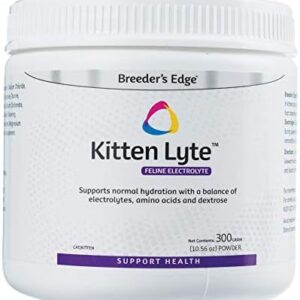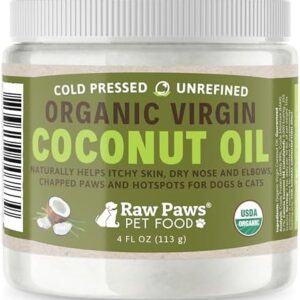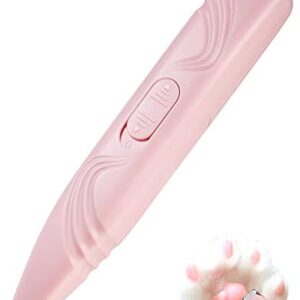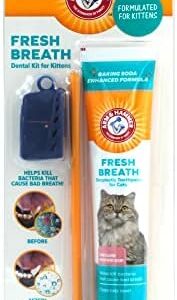
As a loving cat owner, you want nothing but the best for your furry friend. One of the most important decisions you’ll have to make is what to feed your cat. With so many options available, it can be overwhelming to choose between homemade and store-bought cat food. In this article, we’ll break down the pros and cons of each to help you make the best decision for your feline companion.
Let’s start with homemade cat food. Many cat owners opt to make their own cat food because they want complete control over the ingredients that go into their cat’s diet. Homemade cat food allows you to choose high-quality, fresh ingredients that you trust. This can be especially beneficial for cats with allergies or dietary restrictions. By making your own cat food, you can tailor the recipe to meet your cat’s specific needs and ensure they are getting the nutrition they require.
However, making homemade cat food can be time-consuming and labor-intensive. It requires careful planning and preparation to ensure your cat is getting all the necessary nutrients they need to thrive. You’ll also need to consult with a veterinarian or pet nutritionist to ensure your homemade cat food is balanced and meets all of your cat’s dietary requirements. Additionally, making your own cat food can be expensive, especially if you’re using high-quality ingredients.
On the other hand, store-bought cat food offers convenience and affordability. There are many options available, including dry kibble, canned wet food, and raw food diets. Store-bought cat food is formulated to meet the nutritional needs of cats at various life stages, making it easy to find the right food for your feline friend. Many commercial cat foods are also fortified with essential vitamins and minerals to ensure your cat is getting a complete and balanced diet.
While store-bought cat food can be convenient, it’s important to carefully read the ingredients list to ensure you’re choosing a high-quality product. Some commercial cat foods contain fillers, artificial flavors, and preservatives that may not be the best option for your cat’s health. Look for cat foods that list real meat as the first ingredient and avoid products that contain by-products or unspecified meat sources.
So, what’s the best cat food option for your furry friend? Ultimately, the decision between homemade and store-bought cat food comes down to your personal preferences and your cat’s specific needs. If you have the time and resources to make your own cat food, it can be a rewarding experience that allows you to provide your cat with a fresh, customized diet. However, if convenience and affordability are your top priorities, store-bought cat food may be the better option for you.
No matter which option you choose, it’s important to consult with your veterinarian to ensure your cat is getting the nutrition they need to stay healthy and happy. Your vet can help you determine the best diet for your cat based on their age, weight, and any underlying health conditions. Remember, feeding your cat a balanced and nutritious diet is one of the best ways to show your love and care for them.






